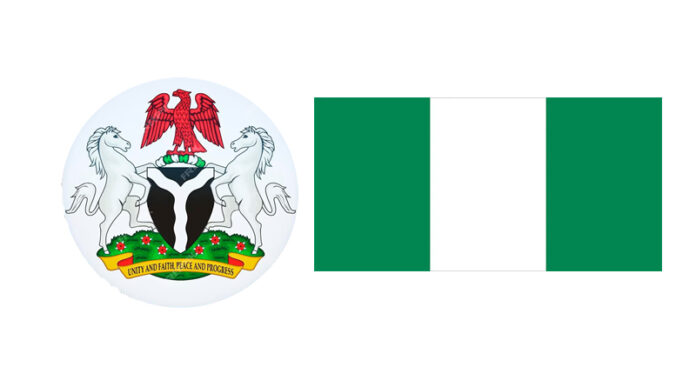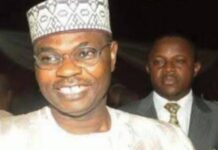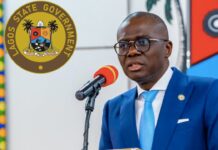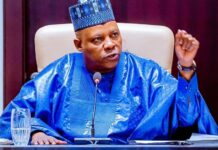President Bola Ahmed Tinubu’s administration received a notable boost in its foreign investment efforts on Thursday, as a group of Swedish investors pledged substantial investments and partnerships in Nigeria’s digital economy, healthcare, and other vital sectors.
This development followed Vice President Kasim Shettima’s assurance during a business meeting with Swedish enterprises in Stockholm, where he encouraged them to seize the vast opportunities presented by Nigeria’s rapidly evolving investment landscape.
Shettima highlighted that the Nigerian government, under President Tinubu, has implemented significant reforms aimed at restructuring the economy for long-term growth. He emphasized that the administration’s Renewed Hope Agenda is focused on fostering a competitive business environment conducive to attracting both foreign and local investments.
During his two-day working visit to Sweden, which aims to enhance trade and bilateral relations, Shettima addressed attendees at Epicenter, noting the longstanding ties between Nigeria and Sweden, particularly in trade, technology, and sustainable development.
He outlined various sectors ripe for investment in Nigeria, including the digital economy, agriculture, renewable energy, and micro, small, and medium enterprises (MSMEs). Shettima described Nigeria as an ambitious nation poised to harness the vast potential of the Fourth Industrial Revolution.
At the business forum titled “Trade and Investments with a Focus on the Digital Economy, Agriculture, and Renewable Energy,” Shettima employed his negotiation skills to attract investors, assuring them that the Tinubu administration has significantly improved Nigeria’s investment climate over the past year.
He remarked, “Under President Bola Ahmed Tinubu’s leadership, our government has introduced bold financial reforms, such as the unification of exchange rates and the elimination of fuel subsidies. While these changes are challenging, they are essential for achieving sustainable economic growth.”
He further explained that the government’s Renewed Hope Agenda prioritizes creating an environment that entices both foreign and domestic investments. Alongside this, reforms in the financial sector, including an updated Cashless Policy and an Open Banking Framework, have transformed banking services, promoting financial inclusion and innovation.
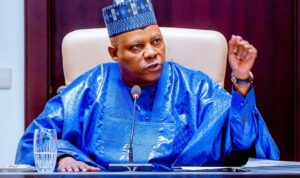
Shettima identified the digital economy, agriculture, and renewable energy as key global priorities, asserting that these sectors are critical for addressing urgent challenges like food security, climate change, and economic development.
He urged Swedish investors to explore the wealth of business opportunities available in Nigeria, stating, “Esteemed guests, there is incredible potential for collaboration between Nigeria and Sweden across various sectors.”
“From finance to renewable energy, digital innovation, agriculture, and education, our partnership promises significant mutual benefits. I encourage Swedish investors to capitalize on the opportunities in Nigeria and work with us towards a prosperous and sustainable future.”
He noted that trade between the two nations surged by 30% in 2022, underscoring the need for deeper collaboration moving forward.
“This momentum calls for us to unite and create a favorable business environment that enhances the exchange of goods and services, from digitalization to specialist access,” he said, adding that “Nigeria’s financial sector is among the most advanced in Africa, displaying remarkable resilience.”
Shettima also pointed out Nigeria’s demographic advantage as the largest population in Africa, asserting that the nation’s strength lies not only in being the largest ICT market but also in the creativity and knowledge-sharing capabilities of its youth, which serve as the true driving force of the economy.
He reflected on the COVID-19 pandemic’s impact, which, despite causing significant global economic challenges, prompted Nigeria to diversify its economy and strengthen partnerships, positioning the country as a key player in the global economic landscape.
Additionally, Senator Shettima highlighted gender equality as a priority, mentioning Nigeria’s commitment to closing the gender gap, particularly in STEM fields. He referenced a World Economic Forum report stating that improving gender parity could contribute an estimated $229 billion to Nigeria’s economy by 2025.

